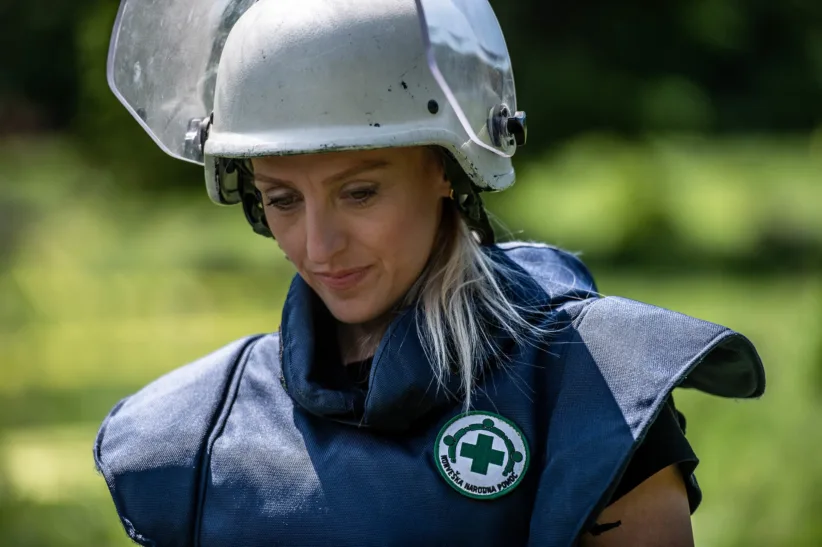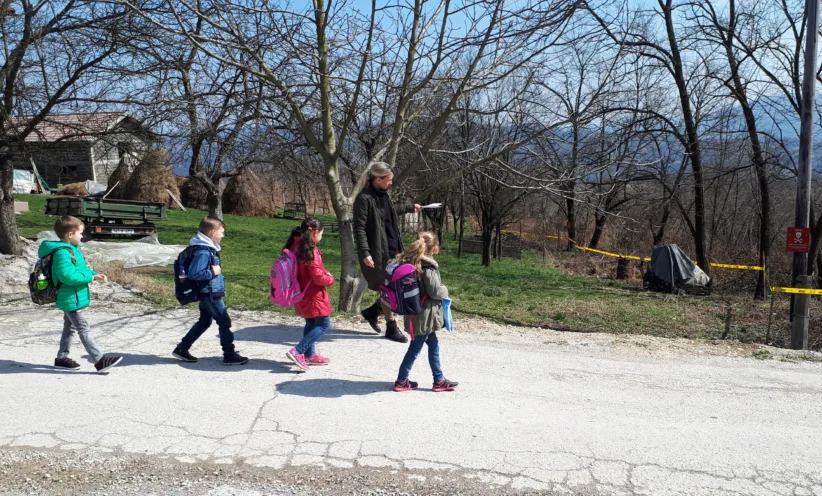From war victim to aid worker
Bosnia, May 15, 1992: The civil war in Bosnia has been ongoing since the beginning of April, and Sarajevo is under heavy siege. On this day, the Bosnian civil war is about to reach the country's third largest and most multicultural city, Tuzla.
Several hundred Serbian soldiers from a Yugoslav People's Army in full disbandment have been ordered to evacuate the military base in Tuzla. The tension is high as tanks and military vehicles roll out of the centre of the city. At the same time, 12-year-old Selma, though feeling unsafe, defies her teacher's instructions to stay in school.
Al of a sudden, Bosnian forces ambush and open fire on the Serbian military convoy. Selma, who is nearby, runs as fast as her legs will carry her. She has only just made it inside the large residential complex on the corner of Tuzla's main street Brčanska Malta when the fighting breaks loose for real.
Selma registers some of her neighbours barricading the front door with a refrigerator, then follows her mother down to the basement. Shortly after they hear heavy artillery fire.
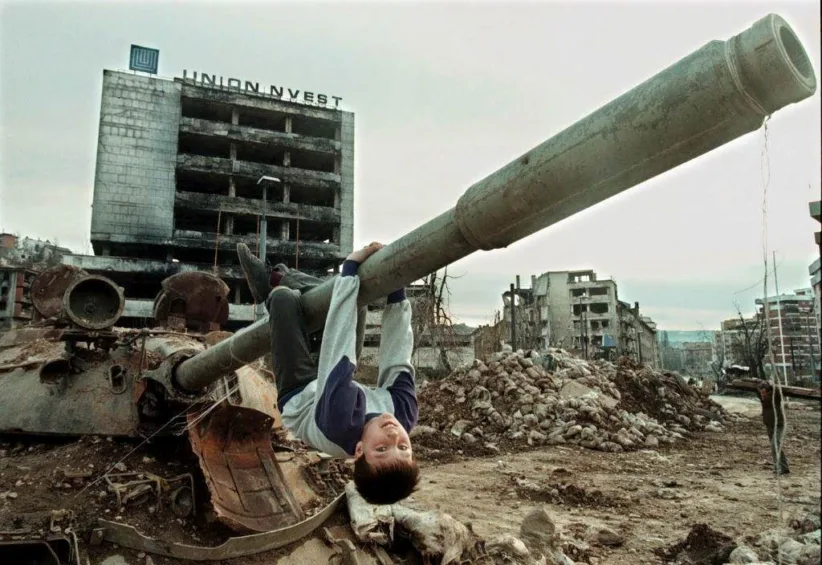
Lack of food and water
It will take three years before Selma sees daylight again.
"We lived in the basement 24 hours a day from May 1992 to May 1995. We didn't go to school, and we barely had food or water. The air quality was very poor as dust and pollution seeped in from all the bombing outside. Eventually, it became very crowded due to more refugees arriving, including many women and children from Srebrenica," she says.
Tuzla was practically closed shut during the war, so it was impossible to flee or access humanitarian aid.
"The markets and store shelves were empty, but luckily my mother worked at a factory before the war, where she got the hold on industrial oil that we mixed in with the little food we had, like potatoes, onions and rice," says Selma.
While mother and daughter stayed put in the basement, Selma's father was on guard outside. The family's apartment was situated on the 10th floor of the building and was damaged in shelling several times during the war. Partly due to the fact that Majevica hill, where fierce trench battles were fought, was situated less than a kilometre away.
From war victim to aid worker
For the past 20 years, Selma Antic has worked in the field for NPA's Mine Action and Disarmament programme in Bosnia and Herzegovina. 30 years after the war, Bosnia is still one of the countries in Europe that are worst hit by landmines and cluster bombs.
NPA established the country program in 1996, just after the war had ended. Today, around 140 employees work in the programme. They come from different ethnical backgrounds, and many were soldiers during the war.
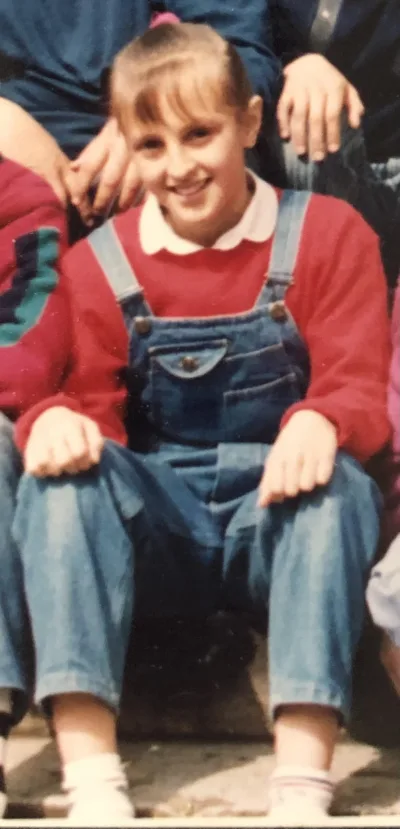
"It is great, the symbolism in that those participating in laying mines during the war, has devoted the rest of their professional careers to clearing them. NPA has given them the opportunity to keep the hope of a better tomorrow for the Bosnian people alive."
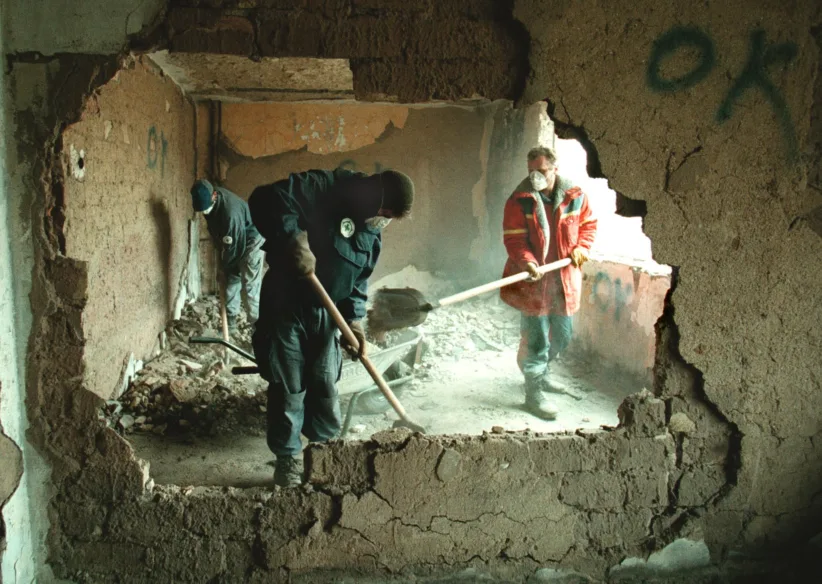
Immense amounts of explosives
When the first clearance operations were deployed in the big cities, there were immense amounts of explosives and mines everywhere, Selma recalls. The first priority was clearing explosives from homes, hotels, school buildings, streets and parks in the largest cities.
"It was a challenging and dangerous context to work in, partly because we depend on keeping the distance from both the population and the explosives when we clear. That's why we have such strict procedures in this work," she explains.
Today, clearance is concentrated around remaining minefields in villages, agricultural areas and forests. Since 2015, the programme has also collaborated with the Missing Persons Institute of Bosnia and Herzegovina to clear areas where mass graves from the war are situated.
Selma's career in NPA started in 2002, when she got a job as a medic on a demining team. Soon she moved on to working with community liaison.
Land release is not simply about mine clearance, it is very much about the people who live there. By engaging in dialogue with local communities in mine-affected areas, Selma and her team are able to confirm where the mines are located. In addition, they teach children and adults so that they don't risk becoming victims of a UXO og landmine.
“I really do love my job, it allows me to help the most vulnerable groups in my home country - people who live side by side with landmines in their everyday life. People are grateful for the job we do and are relieved when they see the green NPA cross on our uniform. I can’t count how many friendships I have made around the country over the years, thanks to my job at the Norwegian People's Aid. It feels very meaningful," she says.
"Our best measure of success is when we see that the areas we have cleared, are being used again," she adds.
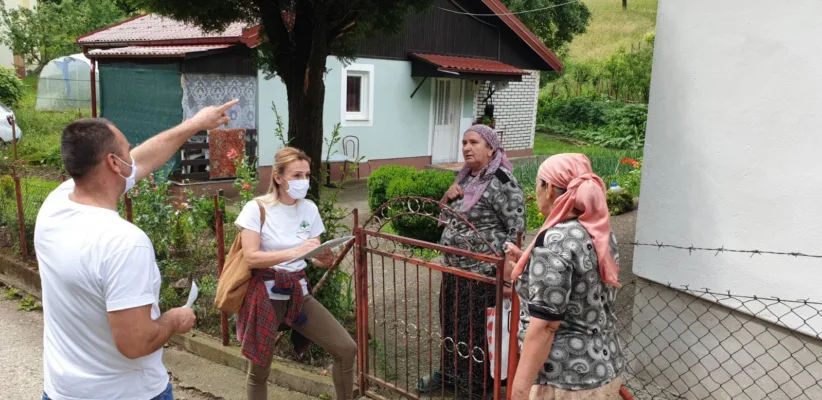
Feels unreal
Although referring to herself as a tough Bosnian, Selma admits that the situation in Ukraine has caused distress.
“Of course it's getting to me. After spending half my adolescence in a basement with minimal food, water and electricity, I was relieved when the war ended. It feels unreal witnessing the population in a European country not far away having to go through the same suffering in 2022. I was hoping we had gotten further.”
At least 55 soldiers from the Yugoslav People's Army were killed and 44 wounded in the attack on Brčanska Malta on May 15, 1992. The incident was the lead-up to the four-year siege of Tuzla.
MINE CLEARANCE IN BOSNIA AND HERZEGOVINA
- NPA’s country programme in Bosnia Herzegovina currently has 10 demining teams with a total of 70 deminers. In 2021, the first female deminers were recruited. The ambition is to attract even more women.
- The Norwegian Ministry of Foreign Affairs has been the most important donor since the programme was established. Coop, Germany, Switzerland and the EU are other important long-term supporters.
- The deadline for clearing Bosnia Herzegovina free of cluster munitions was initially set to 1 September 2022. This is the obligation that the country has signed as a state party to the Convention on Cluster Munitions. With the right priorities and targeted efforts, NPA believes the deadline may be within reach.
- The corresponding deadline for declaring Bosnia and Herzegovina free of landmines is 1 March 2027. This is ambitious, considering 900 km2 of potentially contaminated land remain to be cleared. This deadline can also be reached, but it will require full mobilization.
- Since 1996, more than 50 deminers and nearly 700 civilians have died in explosive accidents. The number of accidents have considerably decreased in recent years. Nevertheless, only last year two hunters died in a landmine accident.
More news from Bosnia and Herzegovina
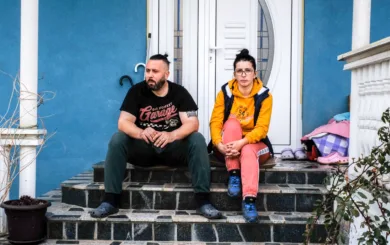
Not sure if we're coming back
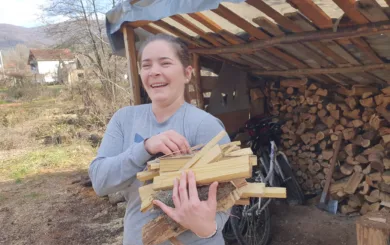
Demining brings hope in the south of Bosnia and Herzegovina


